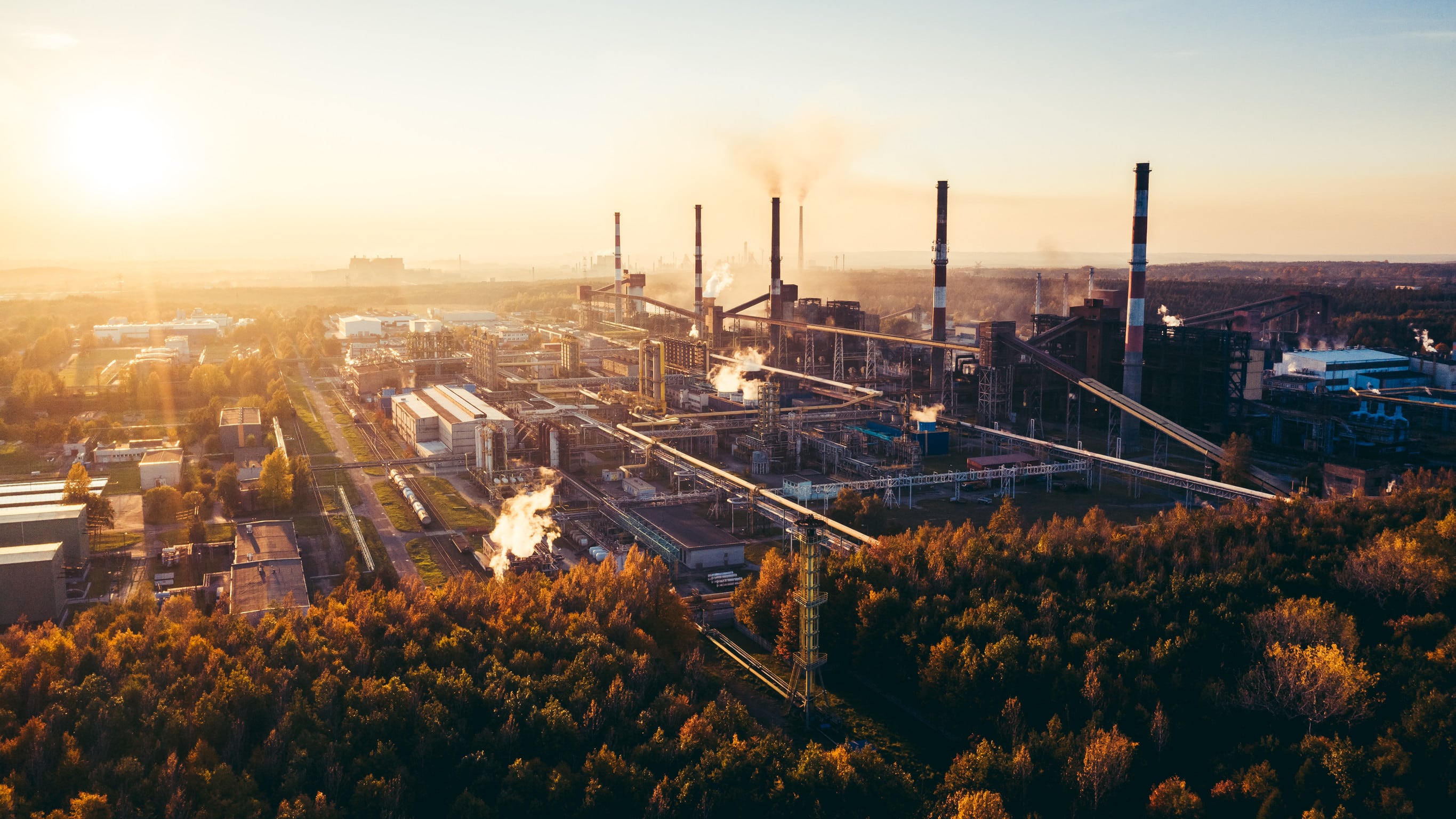When industrial wastewater is treated for reuse, depending on the treatment level, it can be used for equipment cooling, boiler feed, washing, irrigation, and other nonpotable needs.
Treating wastewater to a high standard for reuse provides a dependable internal resource that strengthens both environmental and economic performance
In most industries, water is both an essential and a potential challenge. It cools, cleans, rinses, steams, and transports materials, yet the same processes that depend on it also generate large volumes of wastewater. For decades, the common approach to treating wastewater has been linear: Take clean water in, use it, treat it for discharge, and release it back to the environment.
That model is no longer sustainable in a growing number of regions. With water scarcity intensifying, regulations tightening, and operating costs rising, many industrial facilities are reevaluating how they use and manage water. Across manufacturing, mining, energy, and food production, companies are discovering that industrial wastewater isn’t just something problematic to dispose of. It can be a renewable resource.
What Is Industrial Water Reuse?
Industrial water reuse refers to treating wastewater from production processes so it can be used again within the same facility or for another purpose. Depending on the treatment level, reclaimed water can be used for equipment cooling, boiler feed, washing, irrigation, or other nonpotable needs.
The concept is simple: Keep water in circulation for as long as possible. In practice, this involves combining biological, physical, and chemical treatment processes to remove contaminants and produce water that meets quality requirements for reuse. Modern systems can achieve this with high reliability and minimal operator oversight.
Why Reuse Makes Sense
For industry, water reuse is both an environmental strategy and a business decision. Treating and reusing water reduces dependence on municipal or natural sources while protecting operations from shortages and restrictions. It can lower the cost of wastewater disposal and related fees associated with supply and discharge.
Beyond cost, reuse improves operational resilience. Facilities with their own treatment and reuse capability are less vulnerable to supply interruptions or droughts. They can maintain production even when external water availability is uncertain. Reuse also supports compliance with tightening discharge limits, helping companies meet sustainability and environmental goals simultaneously.
From Linear to Circular
Industrial water reuse is a cornerstone of the circular water economy, a model in which water, energy, and materials are continually recovered and reused rather than wasted. Wastewater that was once considered a by-product now becomes a feedstock for the next process.
This circular approach extends beyond just reusing water. Nutrients, salts, and energy contained in wastewater can often be captured and returned to production or converted into other useful forms. Anaerobic digestion, for example, transforms organic matter into biogas, reducing plant energy demands. Concentrated by-products can sometimes be sold or repurposed, reducing waste disposal costs.
Technology Enabling Industrial Reuse
Achieving meaningful reuse requires reliable, high-performance technologies — and recent advancements have made this easier than ever. Membrane bioreactors (MBR) and ultrafiltration systems produce consistent, high-quality effluent even from variable process streams. Reverse osmosis can polish treated water for higher-purity applications.
Compact modular systems now allow treatment and reuse to occur directly on-site. These pre-engineered units can be installed quickly and scaled as needed, making them suitable for new facilities as well as retrofits. Automation and smart controls further increase efficiency by adjusting aeration, dosing, and flow in real time, reducing both energy use and operator workload.
Because these systems can operate close to where wastewater is generated, they minimize the need for long pipelines and centralized infrastructure, an advantage for remote industrial sites or plants with limited space.
Real-World Applications
In industries like meat processing, large volumes of high-strength wastewater can be treated and reused on-site, supporting production needs while reducing freshwater demand and discharge volumes.
Industries across sectors are finding practical uses for water reuse. In power generation, treated wastewater can supply water-intensive cooling towers, reducing demand on freshwater reservoirs. Food and beverage producers are reclaiming process water for cleaning and noncontact applications. Textile manufacturers reuse rinsing water to conserve both water and heat. In mining, reuse reduces the environmental footprint of operations while maintaining the large volumes required for mineral processing.
Each of these examples demonstrates the same principle: Once wastewater is treated to a consistent standard, it becomes a dependable internal resource that strengthens both environmental and economic performance.
Building Trust and Reliability
For water reuse to succeed, quality assurance is essential. Modern industrial systems rely on multistep treatment and continuous monitoring to guarantee that reclaimed water meets defined specifications. Automated controls, sensors, and remote monitoring provide visibility into performance and ensure regulatory compliance.
Transparency is equally important. Many industries now share their water management results as part of sustainability reporting, reinforcing trust among stakeholders and demonstrating responsible resource stewardship.
Sustainability and the Path Forward
Industrial water reuse delivers tangible benefits at multiple levels. It conserves fresh water, reduces pollutant discharge, lowers operational risk, and supports climate adaptation. It also contributes to broader sustainability frameworks by cutting energy consumption associated with long-distance water transport and supporting circular resource use.
As the value of water becomes clearer, reuse will no longer viewed as an optional environmental measure, but rather as an essential part of efficient industrial design. For companies investing in modern treatment and reuse infrastructure, the payoff is not only regulatory compliance, but also long-term resilience and resource security.
A Practical, Proven Approach
Industrial water reuse represents a practical, proven approach to managing one of industry’s most vital resources more intelligently. By treating wastewater as a renewable asset rather than a liability, industries can reduce costs, safeguard operations, and contribute to sustainable growth.
In the end, every drop of water reused is a step toward a more balanced and resource-efficient future — one where industrial productivity and environmental responsibility go hand-in-hand. To learn more about how to integrate water reuse into your operation, contact Fluence. We’re ready to help.


